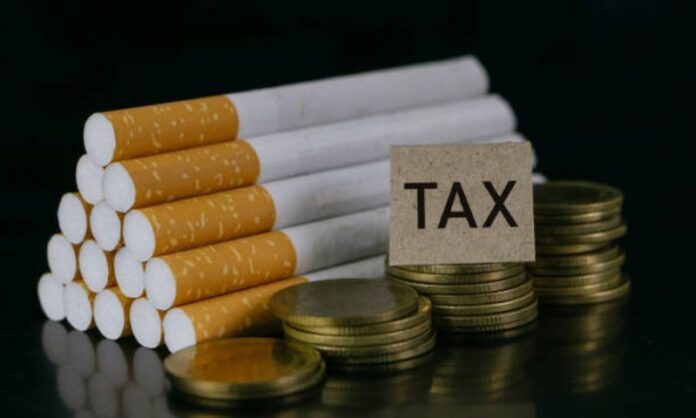ISLAMABAD: Pakistan’s regulated cigarette manufacturers have expressed support for the government’s decision to impose a federal excise duty (FED) on the raw material used in cigarette production—acetate tow. This move aims to bring tax evaders into the formal tax net.
While the industry welcomed this step, manufacturers also called for the strict enforcement of the Track & Trace system, which is currently implemented inconsistently across the country. This lack of enforcement has severely impacted the sales of regulated manufacturers, providing a lucrative environment for illicit cigarette producers to flourish.
During the presentation of the federal budget in the National Assembly on Wednesday, Finance Minister Muhammad Aurangzeb proposed an FED of Rs44,000 per kilogram on acetate tow, a critical raw material in cigarette manufacturing. He acknowledged that despite the introduction of the Track & Trace system, smuggled, illicit, and non-tax-paid cigarettes are still widely available in local markets. Aurangzeb urged parliamentarians to pass a law imposing severe penalties on vendors selling non-tax-stamped cigarettes, including sealing their shops.
Aurangzeb emphasized that the proposed tax would mainly affect the informal sector, while the formal sector would remain largely unaffected. He highlighted the significant concern posed by the availability of illicit cigarettes, particularly for the government’s revenue and public health.
Currently, only two cigarette manufacturers and marketers are registered with the government in Pakistan. In contrast, about two dozen manufacturers operate outside the tax net, evading approximately Rs310 billion in taxes annually. The two regulated manufacturers contribute 98% of the total tax collected from the cigarette industry, while the unregulated ones contribute a mere 2%.
A government official noted that bringing the untaxed manufacturers into the formal tax net could potentially generate around $2 billion (roughly Rs550 billion) in revenue. “Due to the increasing market share of illicit cigarettes, the tax contribution from regulated manufacturers has dropped to around Rs700-750 billion annually,” the official said, compared to higher contributions in previous years.
The market share of illicit cigarettes has surged to 63% from around 40% a few years ago, while the share of documented cigarette makers has declined to 37% from 60%.
Past attempts by various governments to curb smoking through heavy taxes on cigarettes had the unintended consequence of driving consumers towards non-tax-paid cigarettes, as smoking rates continued to rise.
An official from one of the regulated cigarette companies remarked, “While the proposed enforcement actions in the budget are encouraging, the real test will be in the strategy and execution of these policies. Existing policies like the Track & Trace system need to be fully enforced across Pakistan and in AJK (Azad Jammu and Kashmir), a hub for manufacturers selling untaxed cigarettes nationwide.”
A representative from another regulated company noted that the FED of Rs44,000 per kilogram on acetate tow, imposed at the import level since the filters are not produced domestically, would slightly increase production costs but would assist the government in estimating the scale of the illicit cigarette industry.
The influence of elected parliamentarians involved in the production and marketing of undocumented cigarettes has allowed the illegal sector to thrive, despite periodic attempts by various governments to control it.




